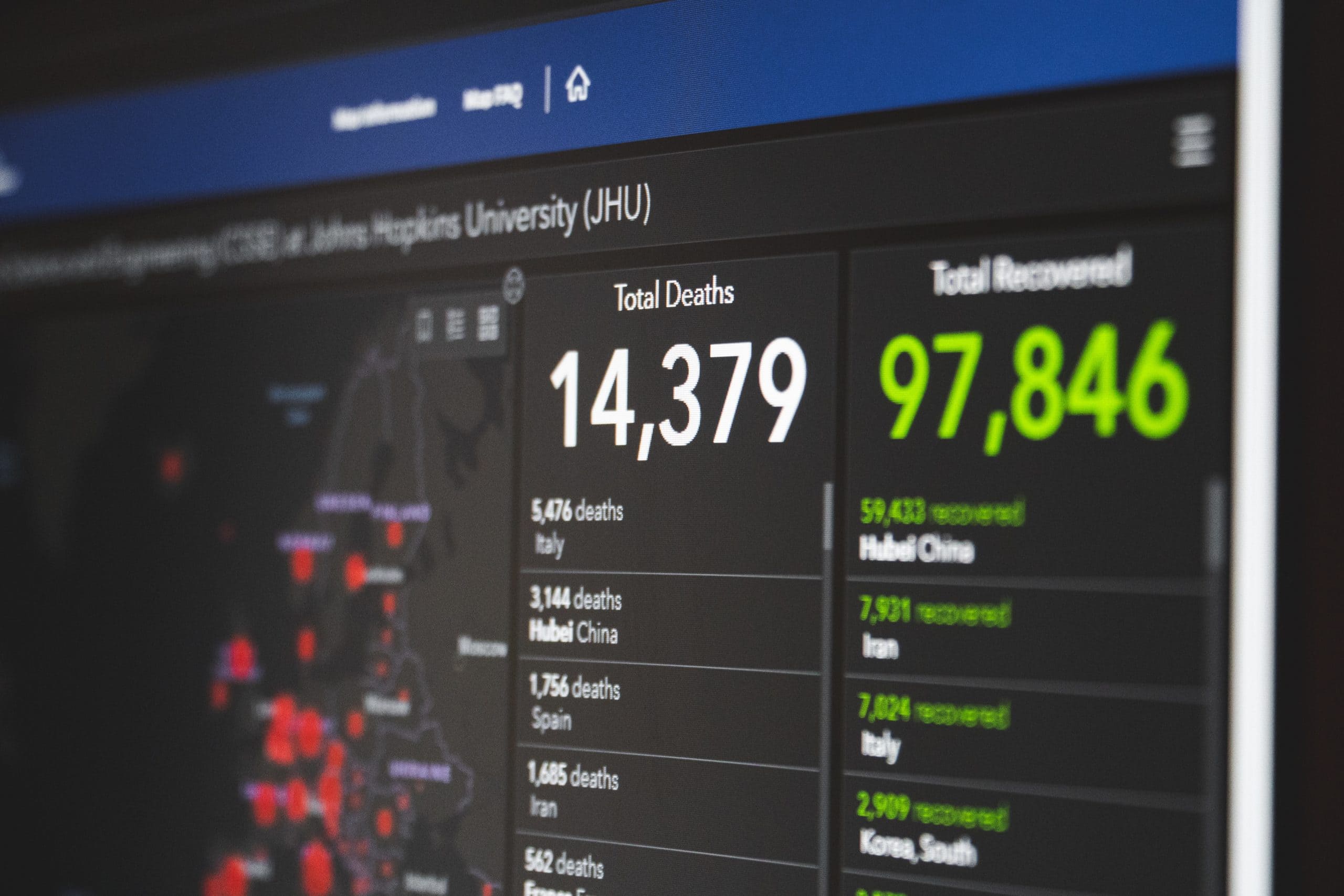COVID-19 not only represents a worldwide public health emergency but has become an international economic crisis that could surpass the global financial crisis of 2008–09. Right now, containment and mitigation measures are necessary to limit the spread of the virus and save lives. However, they come at a cost, as shutdowns imply reducing economic activity.
These human and economic costs are likely to be larger for developing countries, which generally have lower health care capacity, larger informal sectors, shallower financial markets, less fiscal space, and poorer governance. Policy makers will need to weigh carefully the effectiveness and socioeconomic consequences of containment and mitigation policies, responding to epidemiological evidence on how the virus spreads and trying to avoid unintended consequences.
Economic policy in the short term should be focused on providing emergency relief to vulnerable populations and affected businesses. The short-term goal is not to stimulate the economy—which is impossible, given the supply-restricting containment measures, but rather to avoid mass layoffs and bankruptcies.
In the medium term, macroeconomic policy should turn to recovery measures, which typically involve monetary and fiscal stimulus. However, in many developing countries, stimulus may be less effective because monetary transmission is weak and fiscal space and fiscal multipliers are often small.
A more viable goal for macroeconomic policy in developing countries is avoiding procyclicality, ensuring the continuity of public services for the economy, and supporting the vulnerable. Because COVID-19 is truly a global shock, international coordination is essential, in economic policy, health care and science, and containment and mitigation efforts. Critical times call for well-designed government action and effective public service delivery—preserving, rather than ignoring, the practices for macroeconomic stability and proper governance that serve in good and bad times.
Click below for details:
- Macroeconomic Policy in the Time of COVID-19: A Primer for Developing Countries
- COVID-19: Economic Implications for Malaysia (Presentation Slides), 15 April 2020
- East Asia and Pacific in the Time of COVID-19
For a full list of Research & Policy Briefs, you can visit our global website or the World Bank Group, Global Knowledge & Research Hub in Malaysia.
Photo by Laura Bilger on Unsplash.

 4.0
4.0 




















